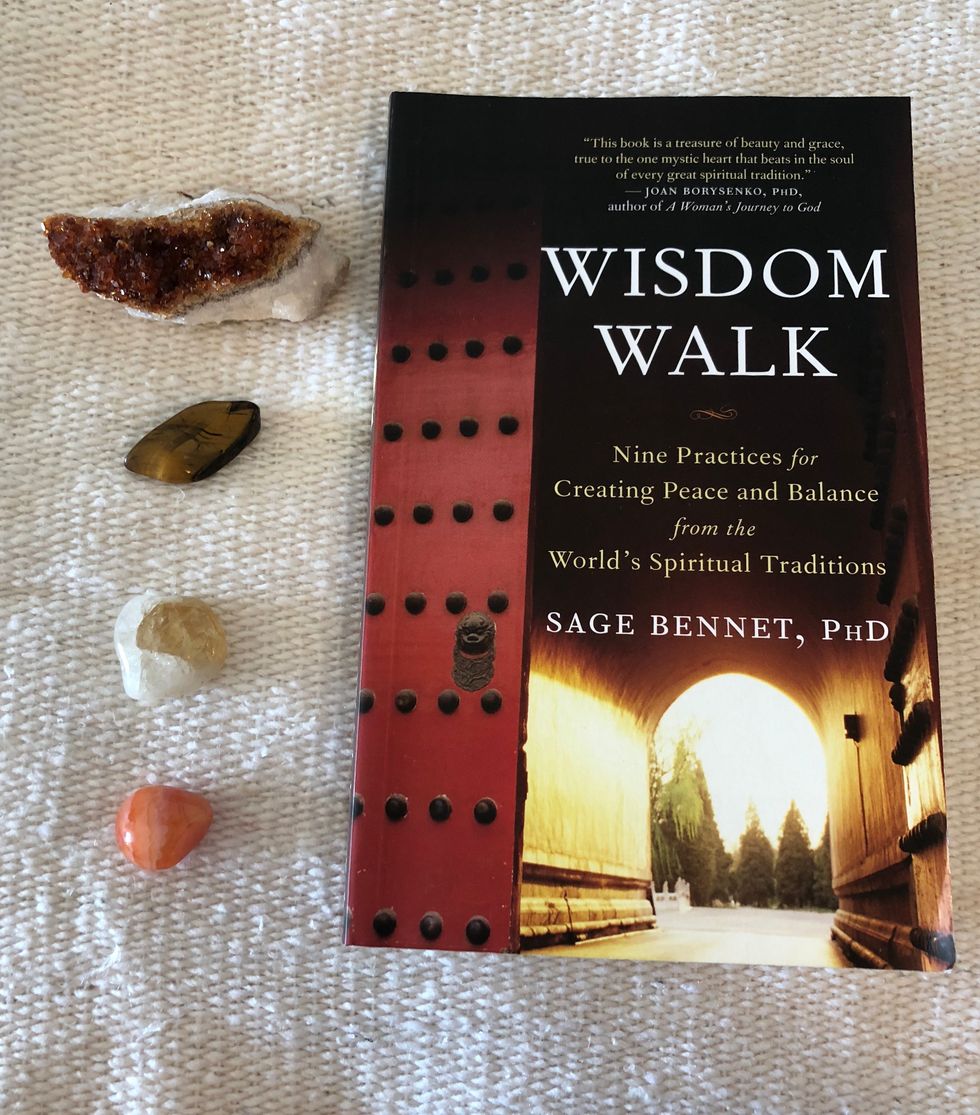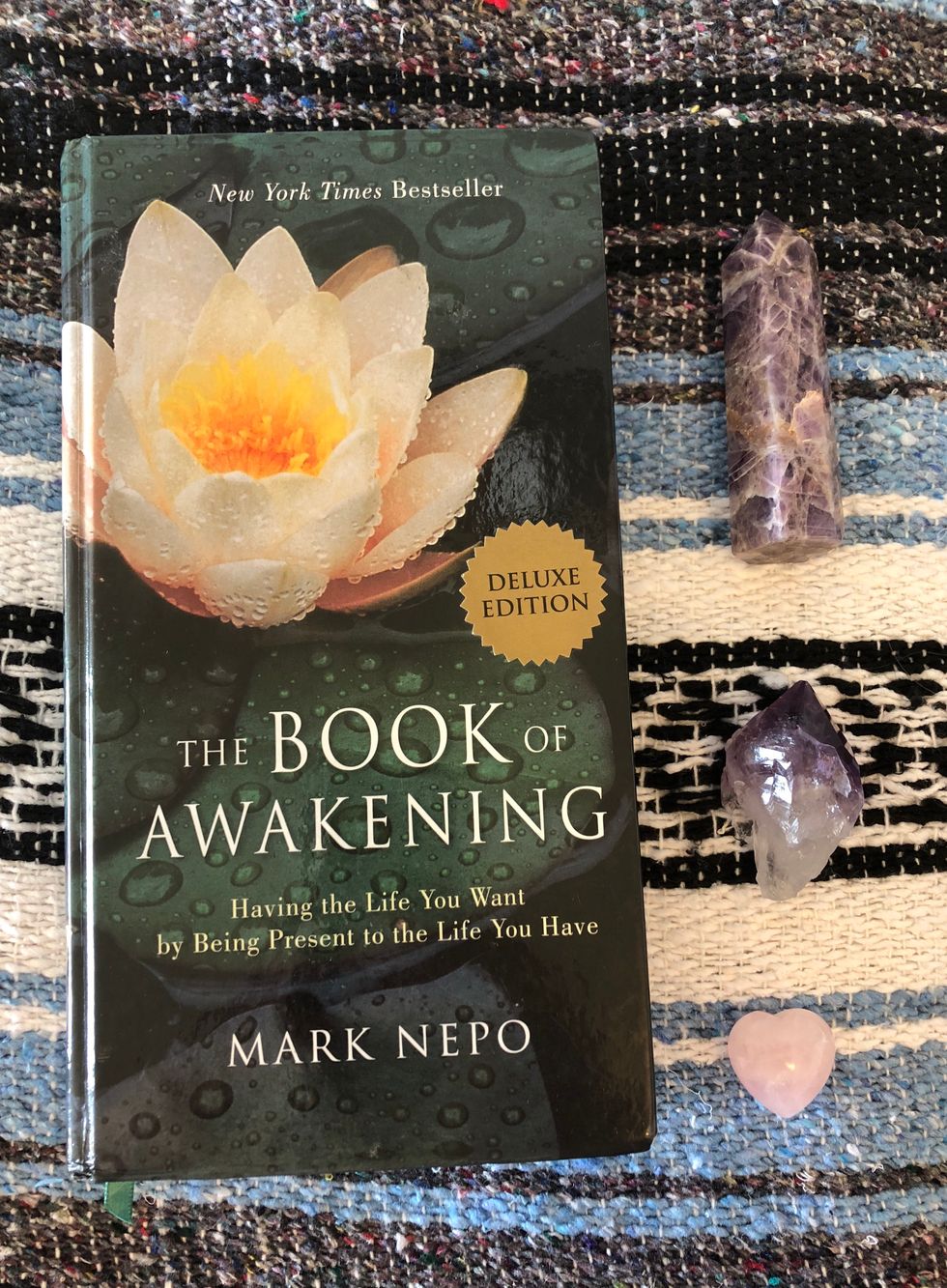Receiving And Giving The Gift Of Unconditional Love
Christian faith flips around the equation. It is grounded in a person named Jesus Christ who filled the world limitlessly with abundant love, and since we have already received this love over and over in our faith, we are enabled to love the world and love others.
The more I navigate through life, the more I realize that, in some way, everything narrative is a love story, even the ones plagued with relationships of conflict and suffering. I hold unconditional love as one of my core values, but what does it mean to love? What does it mean that the neural circuitry behind hate is the same as the circuitry behind love? It makes sense to me, because sometimes the people we hate the most are the people we most loved in the past: look to any messy breakup to see that. But I know that I don't have a good grasp on love's definition, which I vaguely regard to be sacrifice and devotion at your own personal expense. Now, I look to The Bible Project for a word study of "love" and to see what it means, to me.
Love is an unclear word in English because it can mean the deep love you have for your mother or close family member, as well as the love you have for your favorite food. But the word, as it was intended in the Bible, has many manifestations. In Aramaic, the word is translated into rakhmah, and in Greek, the word is agape.
But the earliest followers of Jesus didn't learn the word agape through their own knowledge, but the teaching of Jesus instead. The two greatest commandments of the New Testament, to love God and love your neighbor, derive from the books of Leviticus and Deuteronomy:
Deuteronomy 6:5 tells us to "love the Lord your God with all your heart and with all your soul and with all your might. Leviticus 19:18 tells us "not take vengeance or bear a grudge against the sons of your own people, but you shall love your neighbor as yourself." The two commandments are both important, and to ask which one is more important is missing the point: the two are on two sides of the same point.
"Your love for God will be expressed by your love for people, and vice versa. They're inseparable."
Philos is a word for love in Greek is a feeling for love that happens to you. But that is a more passive love, something that happens to us without our personal stake or agency. For Jesus in the New Testament, love is more action that feeling, the choice we make to seek the well-being for people other than ourselves. True active love for the well-being of our neighbor without expecting anything in return, especially for those in difficult situation and circumstance that can't repay us.
In the Gospel, the ultimate assesser of our capacity to love is our love of our enemy, the people we cannot stand. "Enemy-embracing love" is what Jesus's love is all about. And this wasn't just what Jesus said, but what he did and what he did in his actions and miracles. These were tangible miracles that helped the most vulnerable, shamed, and forgotten people. When he walked into Jerusalem, he rebuked his enemies, the Pharisees in particular, for their hypocrisy and self-righteousness.
And instead of attacking his enemies, he let his enemies kill him. The upside-downness of the Gospel in relationship to our present world meant that Jesus loved his enemies. After his resurrection, and after the Gospel, it was revealed that Jesus's love for the world in the manner of agape rather than philos, This is what Paul meant in Romans 5:8, when he said that "God shows his love for us in that while we were still sinners, Christ died for us." The active nature of Christ dying for us shows us that this was an agape love.
1 John 4:9 tells us that "the love of God was made manifest among us, that God sent his only Son into the world, so that we might live through him." 1 John 4:11 tells us that "Beloved, if God so loved us, we also out to love one another," reminding us that we don't have to make a choice between loving God or loving others: they are both interconnected forms of agape.
I have wrestled with the question, recently, of justification by faith over justification by works. Before I believed in God, I thought that being a good person is what life was all about, and doing good and serving others was the most important thing in the world. Now, that wasn't a faulty belief and it still is a well-intentioned one, but the problem is that it's unsustainable. At the core of trying to be a good person is its transactional nature of needing to receive some sort of reward in between, and the world can be cruel and unfair and will not always return us with the reward we may expect to receive for our giving. And when it doesn't, our justification by trying to be good people and do good things cannot be sustained, because we are human beings and not Gods, we will grow bitter, angry, and disillusioned, and love grounded in conditional giving and reward is a philos rather than agape kind of love.
Christian faith flips around the equation. It is grounded in a person named Jesus Christ who filled the world limitlessly with abundant love, and since we have already received this love over and over in our faith, we are enabled to love the world and love others. That is how we receive agape, and give agape abundantly.
So look inward and ask yourself what agape means in your own life. How will you show your love for your enemies? Who do you need to forgive? And how will you return to the world the love you have already received?





























